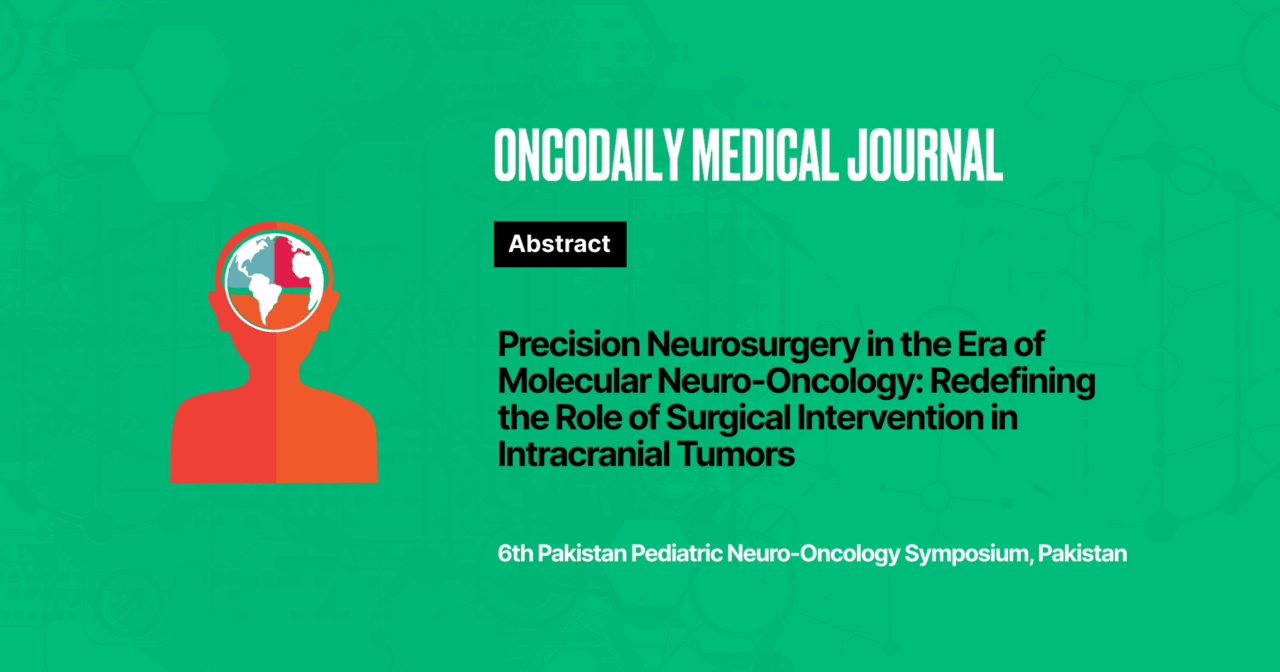Precision Neurosurgery in the Era of Molecular Neuro-Oncology: Redefining the Role of Surgical Intervention in Intracranial Tumors
Abstract
Introduction: The integration of molecular markers into neuro-oncology has reshaped the role of surgery in intracranial tumors. Precision neurosurgery combines advanced imaging, intraoperative mapping, and molecular profiling to optimize resection while preserving neurological function.
Methodology: A literature review of peer-reviewed studies from 2000 to 2025 was conducted using PubMed and Scopus databases. Search terms included “precision neurosurgery,” “molecular neuro-oncology,” and “intracranial tumors.” Studies addressing the impact of molecular markers on surgical strategy and patient outcomes were included.
Results: Evidence highlights that IDH mutations, 1p/19q co-deletion, and MGMT promoter methylation strongly influence surgical decision-making and prognosis. Precision approaches allow surgeons to tailor interventions to the molecular biology of each tumor, improving both survival and functional outcomes.
Conclusion: Precision neurosurgery, integrated with molecular neuro-oncology, is redefining surgical goals and strategies. It represents a critical evolution in brain tumor management, offering personalized and outcome-driven care.
Conflict of Interest: None
Funding: None
Disclosure statement: None
License: This article is published under the terms of the Creative Commons Attribution 4.0 International License (CC BY 4.0).
©️ Dua Ali, 2025. This license permits unrestricted use, distribution, and reproduction in any medium, provided the original author and source are credited.





